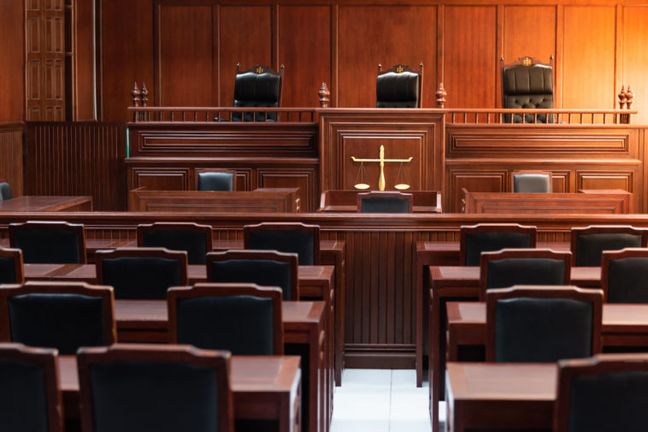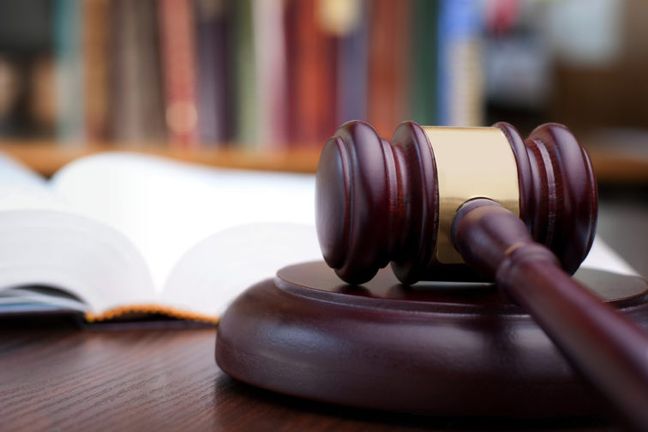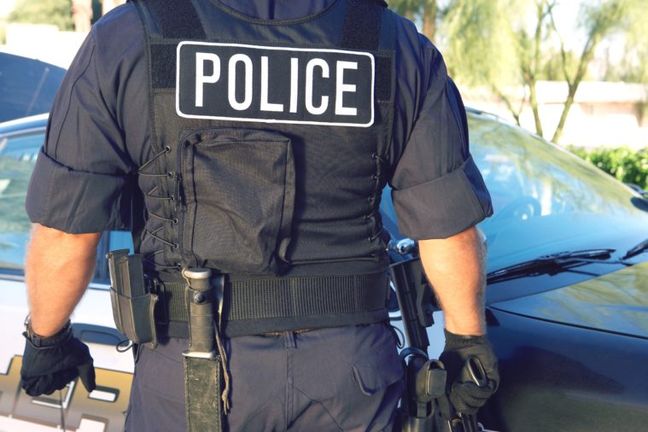Every once in a while a party will try to introduce “expert testimony” to prevent summary judgment based upon conjecture and/or speculation. Courts typically, and correctly, preclude this evidence and grant summary judgment. However, in Strauss v. Premera Blue Cross, 449 P.3d 640 (2019), the Washington Supreme Court ruled expert testimony based on inconclusive evidence (speculation) was sufficient to overcome summary judgment.
John Strauss (Strauss) was diagnosed with prostate cancer. He had an insurance policy through Premera Blue Cross (Premera), which covered “medically necessary” treatment. After a discussion regarding available treatments with his doctor, Strauss chose to treat his cancer with proton beam therapy (PBT) instead of intensity-modulated radiation therapy (IMRT). PBT cost significantly more than IMRT. Strauss contacted Premera for approval of PBT treatment. Premera denied coverage, saying PBT was not a “medically necessary” treatment. Strauss appealed, Premera performed a second review, and again denied coverage. Strauss and Premera agreed on a third review by an independent party. The review came back with the decision PBT was not “medically necessary” treatment. Strauss brought this suit for reimbursement for payments made for PBT, insurance bad faith damages, and treble damages for violation of the Consumer Protection Act.
The parties stipulated PBT is more costly and is at least as effective in treating prostate cancer. They also agreed PBT would qualify as “medically necessary” if it resulted in fewer adverse side effects compared to IMRT.
Strauss acknowledged the lack of clinical studies including direct comparison of the two therapies. He chose to rely on declarations of two board-certified radiation oncologists, who opined PBT was likely to lead to fewer side effects.
Premera argued the expert opinions did not constitute “credible science,” but instead relied on conjecture, theory, and inadmissible cross-study comparisons. Premera did not move to exclude any of Strauss’ expert declarations, but chose to discount the declarations on their merits.
The only issue was whether PBT was superior, in terms of side effects, to IMRT. The Court of Appeals concluded the record contained conflicting evidence on the issue of side effects and were therefore equivalent as a matter of law without clinical evidence directly comparing the two therapies.
The Washington Supreme Court found this reasoning to be parallel to requiring expert medical opinion testimony to be based on a specific type of research. The court found no dispute the experts were qualified, but did find a dispute as to the weight or credibility of the opinion testimony. As such, the credit to be given to the expert opinion testimony is a matter for the trier of fact.
Premera urged the court to follow Baxter v. MBA Group Insurance Trust Health & Welfare Plan, 958 F. Supp. 2d 1223 (W.D. Wash. 2013). Baxter contained facts significantly parallel to this case and found neither study, cited by either party, provided statistically significant evidence one therapy was superior to the other. Although the Court of appeals found Baxter persuasive, the Washington Supreme Court did not.
The court found this reasoning essentially weighed conflicting evidence, which is an analysis inappropriate at the summary judgment stage. As such, the court held there was conflicting evidence in the record pertaining to the “medically necessary” element of Strauss’ coverage claim.
The court’s holding is somewhat confusing. Regardless of whether there was conflicting evidence regarding Strauss’ claim, the basis of the conflicting evidence appears not founded in fact. The evidence appears to be nothing more than a mere conclusion or opinion based on assumption. Strauss’ experts acknowledged their opinions are no more than assumptions, theories, and speculations. As such, it is my belief Premera’s motion for summary judgment should have been affirmed.

 Cannabis Workers Allege Quota to Trim 4 Pounds a Day Violates the California Labor Code
Cannabis Workers Allege Quota to Trim 4 Pounds a Day Violates the California Labor Code
 The Ninth Circuit Reminds Us: Every Word Matters
The Ninth Circuit Reminds Us: Every Word Matters
 NO WAY, PRO SE! The Consequences of Abusing the Judicial System as a Pro Se Litigant in Colorado
NO WAY, PRO SE! The Consequences of Abusing the Judicial System as a Pro Se Litigant in Colorado
 Victim of Financial Mismanagement or Unlawful Retaliation? New Jersey City University Program Founder Claims School Retaliated After Reporting Alleged Sexual Harassment
Victim of Financial Mismanagement or Unlawful Retaliation? New Jersey City University Program Founder Claims School Retaliated After Reporting Alleged Sexual Harassment
 “Real Housewives” Gets a Reality Check
“Real Housewives” Gets a Reality Check
 Missing a Chapter: Insufficiency of Expert Deposition Testimony in Medical Malpractice Litigation
Missing a Chapter: Insufficiency of Expert Deposition Testimony in Medical Malpractice Litigation
 Crash Course: Why Summary Judgment Misses the Mark in Illinois Multi-Cause Limousine Crash Collision
Crash Course: Why Summary Judgment Misses the Mark in Illinois Multi-Cause Limousine Crash Collision
 Bitter Truths: Lead, Cadmium, and Defective Pleadings in California Chocolate Class Action
Bitter Truths: Lead, Cadmium, and Defective Pleadings in California Chocolate Class Action
 The Law of Unintended Consequences: Including Insurance Brokers in Litigation Strategy Communication May Waive the Attorney-Client Privilege
The Law of Unintended Consequences: Including Insurance Brokers in Litigation Strategy Communication May Waive the Attorney-Client Privilege
 Liability Waivers: A Cautionary Tale of the Inconspicuous Waiver
Liability Waivers: A Cautionary Tale of the Inconspicuous Waiver
 Whose Employee Are They Anyway?
Whose Employee Are They Anyway?
 One For the Landlords in Washington
One For the Landlords in Washington
 Covenant Judgments Can Be the Foundation of Bad Faith Claims
Covenant Judgments Can Be the Foundation of Bad Faith Claims
 Falling for Liquor: Washington Court Reaffirms Premises Liability Law
Falling for Liquor: Washington Court Reaffirms Premises Liability Law
 New Pathways to Recover for Intentional Inference with a Corpse in Washington
New Pathways to Recover for Intentional Inference with a Corpse in Washington
 When Washington Statute and The Constitution (Somewhat) Collide
When Washington Statute and The Constitution (Somewhat) Collide
 Opening the Wrong Doors
Opening the Wrong Doors